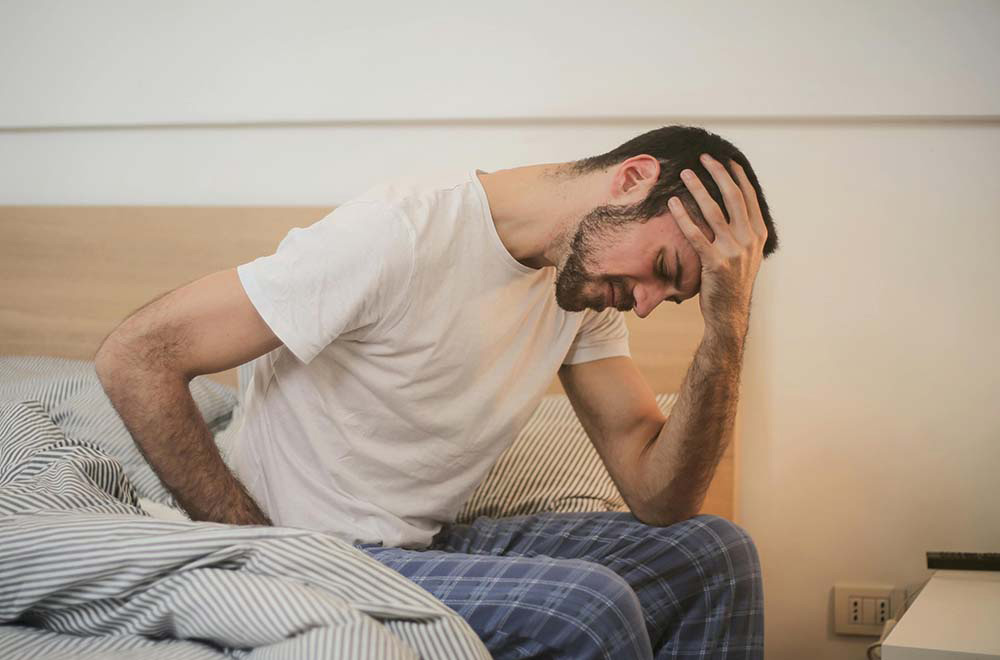On This Page
Seizure triggers
For some people, certain situations can trigger (set off) a seizure. Common triggers include lack of sleep, stress, alcohol, and not taking their prescribed anti-seizure medication (ASM).
Triggers don’t cause epilepsy but they can make seizures more likely for a person with epilepsy. Possible seizure triggers include:
- lack of sleep;
- stress;
- alcohol and drugs;
- not taking ASM as prescribed;
- flashing lights or moving patterns (called photosensitive epilepsy);
- periods;
- a high temperature due to an infection or illness. This may be a common trigger for some children;
- some foods and drinks or not eating properly; and
- some essential oils used in complementary therapies.
Not everyone will have the same triggers. But if is possible to identity what the triggers are for your seizures, it may be possible to avoid them.
Information updated: January 2026
Download this information
For a printed copy contact our Helpline

